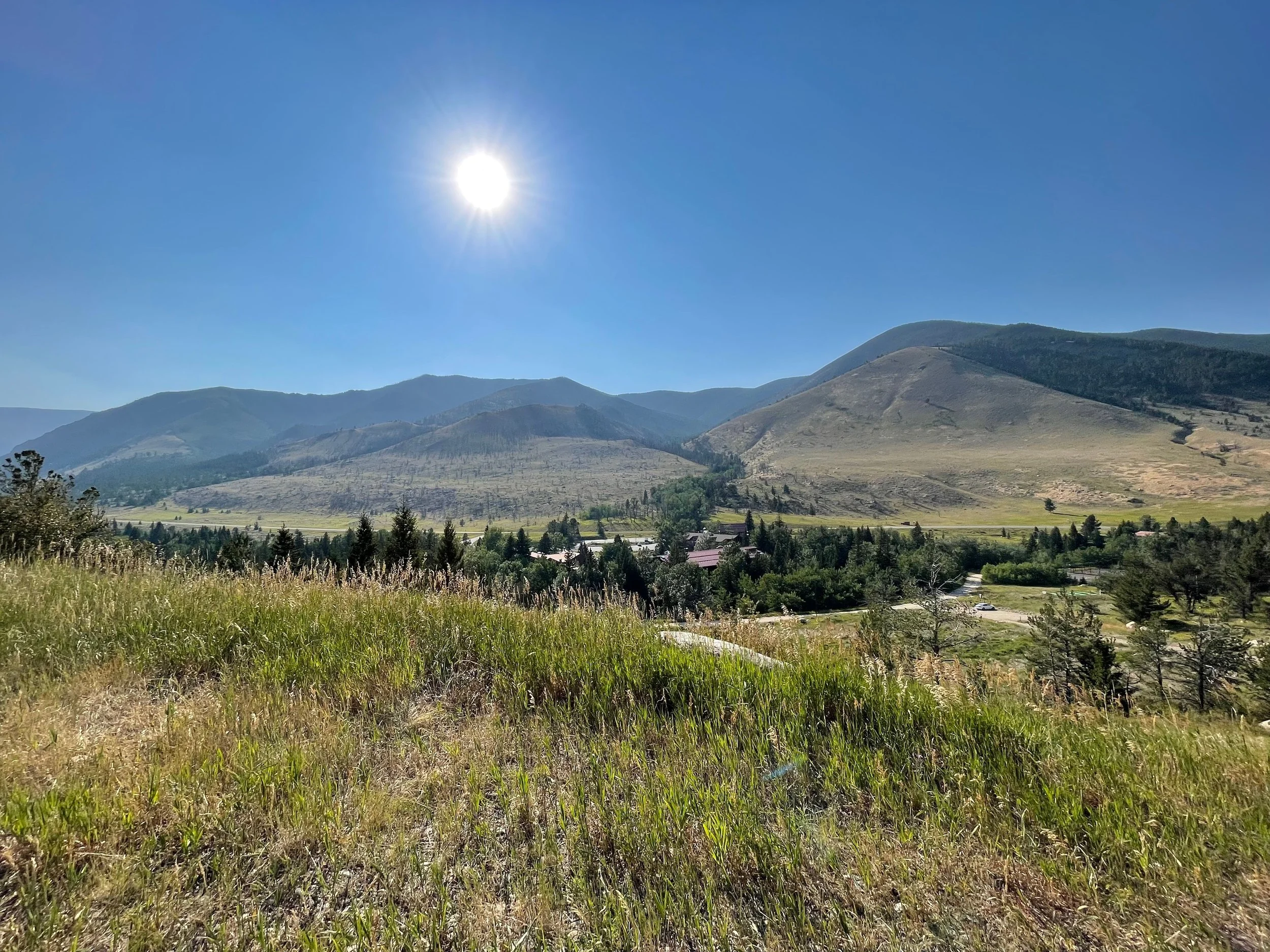If you listen carefully enough, you may hear the precise, spontaneous trill of a far-off warbler, or the whisper of clouds passing between earth and heaven. If you keep at it long enough, you may begin to hear the steady pulse of your own heart and, even, the quiet drumming of the soul.
It's hard to keep quiet, though, with so much to be said and thought about and worried over. And it's even harder to quiet the noise around us, from the caw-caw-caw of ravens to the obnoxious rumble of a diesel engine. The living world is often a wondrous cacophony of sounds that compete for attention like a swarm of little children around the only available adult. It keeps you occupied so that you are unable, quite literally, to hear yourself think.
Then there's the constant intrusion of words erupting from phones and televisions and radios, or jumping off the pages of books and flyers and tabloids. "Headless Man Leaves Hospital," blares a headline. "Mary will be flying home on Friday," reads a postcard. "No Down Payment!" screams a man on the television.
Even this column breaks in with ideas and expressions not your own. If you weren't reading this, or anything else, where would your eyes be resting? What would you hear? What thoughts would be passing through your mind?
Franz Kafka, the author, believed that the origins of his creativity rested in a universal source, freely accessible to anyone willing to pay attention.
"You do not need to leave your room," he explained. "Remain sitting at your table and listen. Do not even listen, simply wait, be quiet still and solitary. The world will freely offer itself to you to be unmasked, it has no choice, it will roll in ecstasy at your feet."
Copyright © Michael Hofferber. All Rights Reserved.
One of the great advantages to rural living is its potential for fewer distractions, less noise, and more opportunities to be alone with your own nature. Sure, you can bring the clamor of the city with you to the country, but at least out here, in most instances, you can turn down the volume. Cities are all about commerce and communication. At every turn, there's someone selling something. Rural folk tend to be less mercenary, and where there is space between people it's easier to catch a glimpse of some wildlife and take notice of the season.
Out here, it is easier to listen: the steady swoosh-swoosh of sprinklers on an alfalfa field, the call of a quail, the rumble of distant thunder, the bellowing of cows, the flutter of ducks winging across heaven and the sighing of the sun as it settles into the horizon.
This is what brings artists and poets and prophets to the country. They come to listen and wait for their muse.
Amid the day to day rituals of rural life, from the feeding of livestock and the irrigation of crops to the preparation of meals and the doing of laundry, it is possible to stop and listen for the meadowlark on a fence post or hear the train whistle across the valley.
Simple sounds like the chirping of chickadees and the giggles of children and the bam-bam-bam of a hammer will meld into a symphony, if we let them. And in these sounds, and others like them, the world reveals itself. It doesn't always roll in ecstasy at our feet, but it's usually wearing a smile.
Copyright © Michael Hofferber. All Rights Reserved.


